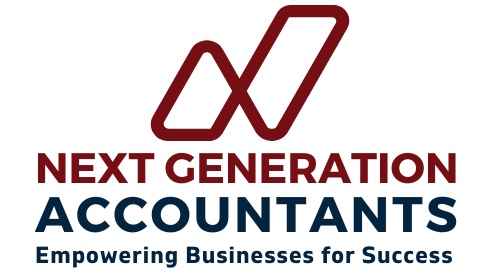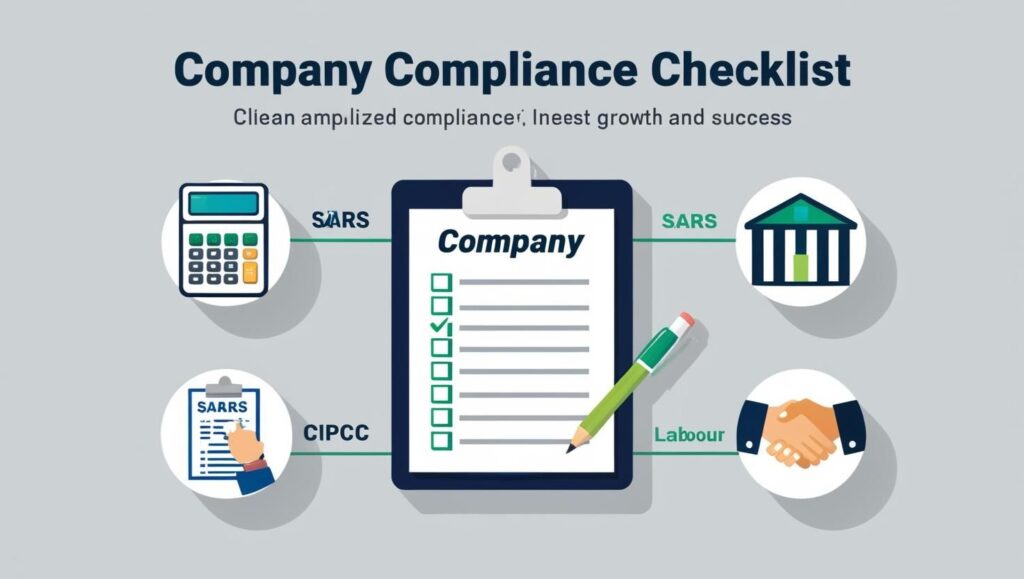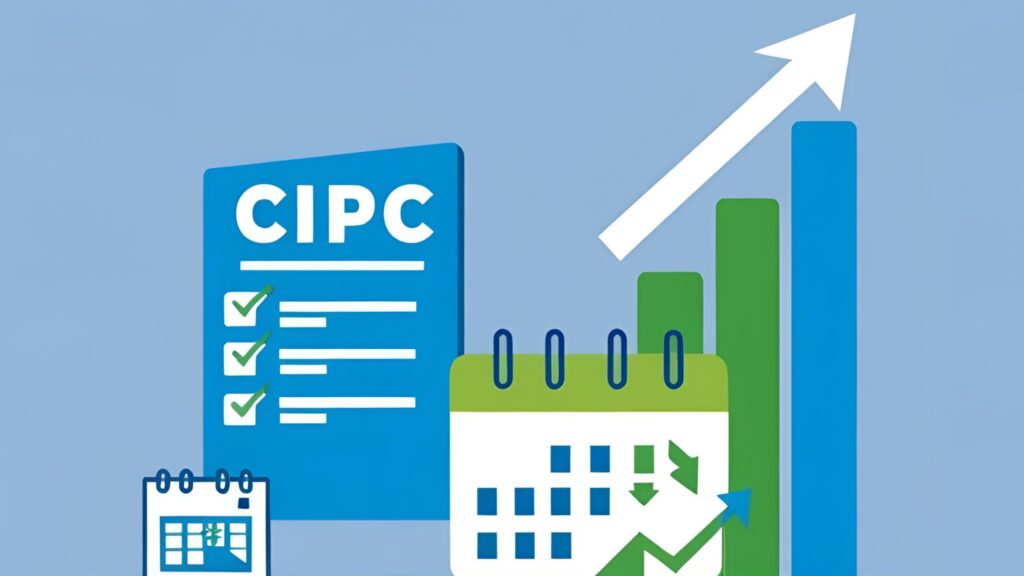Running a business can feel like juggling a thousand balls at once. Among the chaos, compliance is one ball you can’t afford to drop. It’s not just about avoiding penalties; it’s about building a business that’s structured for growth. Let’s walk through a simple, actionable compliance checklist to ensure your company stays on the right track.
What is Compliance, and Why Does It Matter?
Compliance is about adhering to the laws and regulations. In business, it means adhering to or following the laws and regulations that govern your business. In South Africa, these include SARS (tax), CIPC (Companies Act), and Labour (employee-related obligations). Compliance isn’t just a box to tick—it’s the foundation of a credible, sustainable business.
Your Compliance Checklist
1. SARS Compliance
- Income Tax (IT): Every year, you must file annual returns to declare your business income.
- VAT Submissions: If you are registered for VAT, ensure your VAT returns are submitted on time. Usually, every two months.
- Provisional Tax (IRP6): Every business must submit two provisional tax returns every year. The first one must be submitted within six months from the start of the financial year, and the second within 12 months.
- PAYE and UIF: If you have employees who earn above the tax threshold, currently R8010, you must register them for PAYE and deduct and pay it over to SARS on a monthly basis.
- Dividends Tax: If you’re distributing dividends, remember to withhold 20% and pay this tax every second month after you have paid the dividends..
2. CIPC Compliance
- Annual Returns (AR): Every registered business must file these to confirm company details.
- Beneficial Ownership (BO): Update and declare the individuals controlling your company.
- Annual Financial Statements (AFS): Submit these if required, especially for larger entities.
3. Labour Compliance
- UIF Registrations and Submissions: Once you employ your first employee, you must register for UIF and pay UIF contributions to Labour every month.
- COIDA Registration and Returns: COIDA is like an insurance for your employees. It protects you from claims against workplace injuries by employees. Once you have one employee, you must register for it and renew it every year around April and May.
- BCEA Compliance: Make sure that you maintain employment contracts and adhere to fair labour practices (e.g. the BCEA)
4. Other Regulations
- CIDB and NHBRC (Construction-Related Businesses): If you are in construction, you must have these certificates. You can have one or both depending on your specialisation. If you are in public infrastructure construction, CIDB is a must; for home constructions, NHBRC is a must. CIDB must be renewed every three years, whereas NHBRC is renewed every year.
- BEE Compliance: Confirm your level and get a certificate if necessary. It is not a must to have a BEE certificate especially if you do not tender.
- Tax Clearance Certificates: A must-have for tender applications and business credibility.
When Should You Act?
Compliance deadlines vary, but most occur monthly, bi-annually, or annually. Set up a calendar with reminders to avoid missed deadlines. Alternatively, you can download our checklist here: Company Compliance Checklist
What Happens If You Don’t Comply?
Non-compliance can lead to hefty penalties, legal disputes, and loss of business opportunities. Worse, it could damage your reputation with clients, suppliers, and regulators.
How We Can Help
Navigating compliance can feel overwhelming, but you don’t have to do it alone. Let us handle the paperwork, filings, and deadlines while you focus on growing your business.
💡 Get in touch today to discuss how we can simplify your compliance journey. Message us directly or email us—we’re here to help!
Email Us:inquiries@nextgee.co.za | Call or WhatsApp081 435 4234




